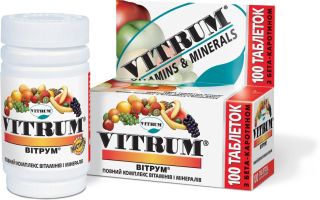Content
- 1 The role of zinc in the body
- 2 The role of selenium in the body
- 3 Daily Value of Zinc and Selenium for Children
- 4 Reasons for a lack of minerals in the body
- 5 Symptoms of zinc and selenium deficiency in children
- 6 The best zinc vitamins for kids
- 7 Vitamins with zinc and selenium for children
- 8 Natural sources
- 9 Admission recommendations
- 10 Interaction with other substances
- 11 Contraindications and side effects
- 12 Conclusion
Vitamins with zinc for children are a convenient way to replenish the stock of essential micronutrients. Zinc and selenium affect the functioning of many internal organs, but they are not able to accumulate and be stored. Therefore, they must be eaten daily in order to replenish stocks and ensure the coordinated operation of all systems.
The role of zinc in the body
Zinc is responsible for the timely development of bones, the growth and division of cells, the repair of damaged tissues, and the functioning of the brain. He takes part in the work of the following systems:
- immune;
- nervous;
- digestive;
- circulatory;
- reproductive.
Zinc plays an important role in maintaining the condition of nails and hair, maintaining their structure and promoting growth. It participates in the synthesis of hormones and neurotransmitters, one of which is serotonin - the "hormone of happiness", which is responsible for a good mood and positive emotions. Zinc covers a number of systems of the human body, affecting many processes: from maintaining vision to strengthening stress resistance.
The role of selenium in the body
Selenium, first of all, is a strong antioxidant necessary for enhancing immunity. It protects the body from accumulating oxidation products and ensures the prevention of oncological diseases if consumed for a long time. Selenium saves in case of poisoning with such dangerous substances as cadmium and mercury.
A trace element is essential for the proper functioning of the thyroid gland. It participates in the function of an enzyme that converts thyroxine into an active form, which is reflected in the metabolism. It is designed to increase energy, mental activity, quick thinking. Selenium is able not only to support the functioning of the body, but also provides a therapeutic effect in cardiopathologies, hepatitis, pancreatitis and skin diseases in children.
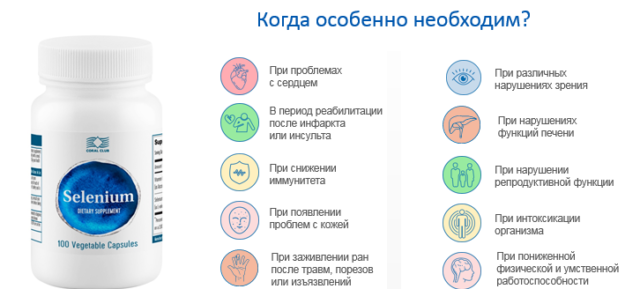
Daily Value of Zinc and Selenium for Children
The norms of trace elements necessary for a child's body differ depending on the age of the child. The table shows the daily requirement for zinc.
|
Age |
Dosage (mg / day) |
|
0-6 months |
2-3 |
|
6 months -3 years |
3-5 |
|
3-8 years old |
5-8 |
|
8-13 years old |
8-11 |
|
boys 13-18 years old |
11-15 |
|
girls 13-18 years old |
9-12 |
Every year, the child's body's need for zinc increases more and more. So, after 18 years, the indicator for boys is 15-20 mg, for girls, the norm varies in the range of 12-15 mg.
Use Selene in comparison with other trace elements, it is necessary in much smaller doses. For children, the indicators are as follows:
- age up to 1 year - 10 mcg;
- 1-6 years old - 22 mcg;
- 6-10 years old - 25 mcg;
- 10-16 years old - 28 mcg;
- 16-18 years old - 32 mcg.
The need for an adult is approximately 50-60 mcg per day.
Reasons for a lack of minerals in the body
Zinc is most often found in deficiency in those who are on strict diets or do not care about a balanced diet. Those who drink calcium without prescription may also be at risk, because this trace mineral impairs the absorption of zinc.
In addition, its deficiency is provoked by the following reasons:
- vegetarianism, if the menu is built exclusively on vegetables and fruits;
- diabetes;
- oncological diseases;
- thyroid disease;
- alcohol abuse;
- postoperative recovery period;
- long-term use of hormonal drugs.
The main reason for the lack of selenium is a small percentage of this trace element in the soil. Products growing on diseased soil do not provide the required amount of the mineral, even if consumed on time. Internal causes of selenium deficiency in children include:
- liver disease;
- dysbiosis;
- poisoning with heavy metals.
As soon as the disease passes, the level of the trace element returns to normal.
Symptoms of zinc and selenium deficiency in children
Zinc is one of the most important components involved in the formation of the fetus: its ripening, growth and development. If a child was in the womb suffering from a lack of this mineral, then a noticeable lag in mental and physical development is recorded in him.
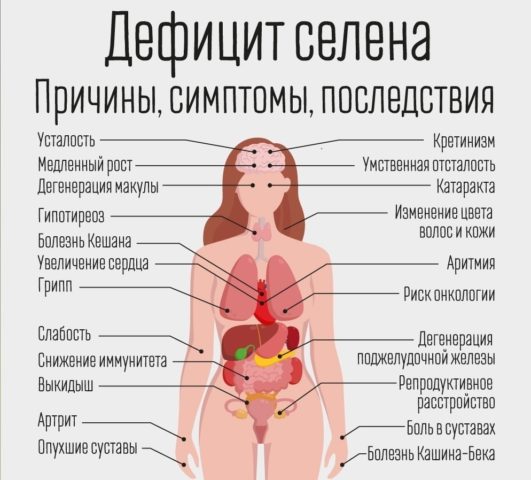
The functioning of the central nervous system is directly related to zinc, which affects all cognitive processes. Its deficit slows down mental development, impairs memory, spatial thinking, and children have a drop in academic performance. The presence of low social adaptation and inappropriate behavioral responses can carry these problems into adulthood.
Children suffering from zinc deficiency are exposed to diseases such as:
- dwarfism;
- delayed sexual development;
- low fertility;
- poor tissue repair;
- tendency to depression;
- frequent relapses of chronic infections.
Selenium deficiency can be determined by frequent viral diseases, constant fatigue, lethargy of the child. Often this is added to symptoms such as:
- rash;
- eczema;
- brittle nails;
- increased cholesterol levels;
- bone pain.
For babies, micronutrient deficiencies can result in heart disease and even sudden death. The risk of developing myocardial infarction increases several times in children with selenium deficiency.
The best zinc vitamins for kids
Vitamins containing zinc are designed to support the normal development of a child's body. They are important for mental and physical well-being and are often prescribed as a whole complex. Usually, the following drugs are recommended for children:
- Vitrum;
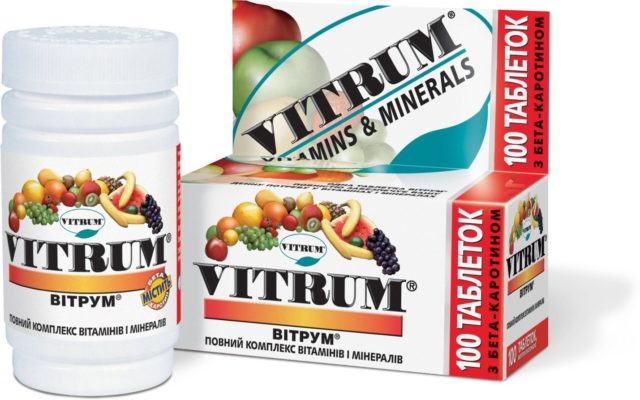
- VitaMishki;
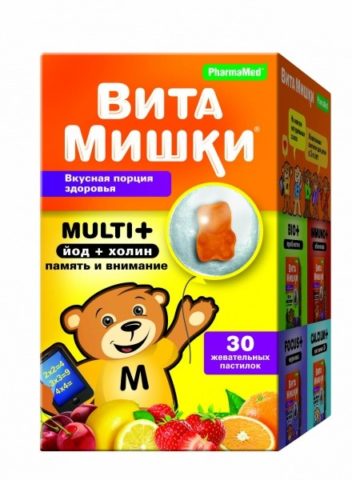
- Zinc + Echinacea + Vitamin C, Gummi King.
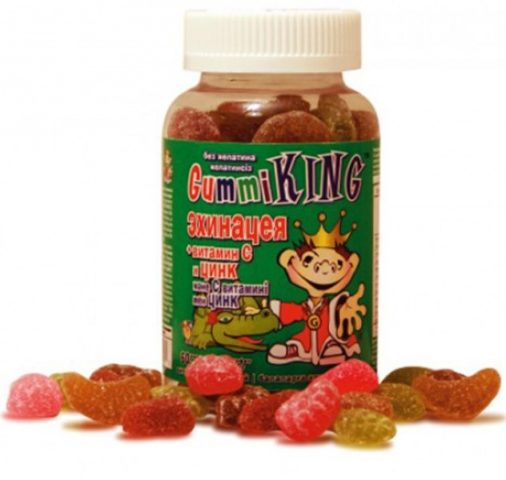
Each of these complexes has its own set of vitamins, balanced so that they are optimally taken together with zinc.
Vitamins with zinc and selenium for children
These drugs provide a balance of antioxidants and free radicals. Most often they are used for prophylactic purposes to improve the functioning of the child's heart, maintain immunity and as a remedy against malignant tumors. The combination of zinc and selenium can help you recover from prolonged illness or living in environmentally unfriendly areas.
Some of the most famous drugs include:
- Complivit Selenium;
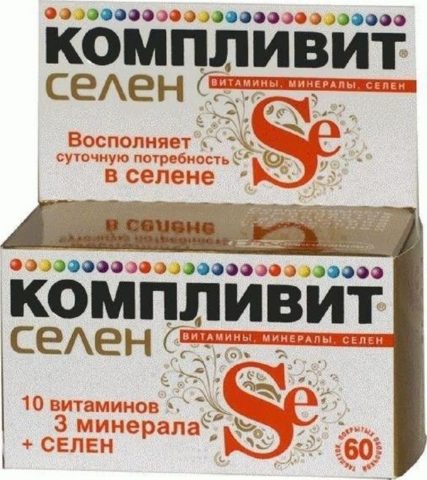
- Perfectil;
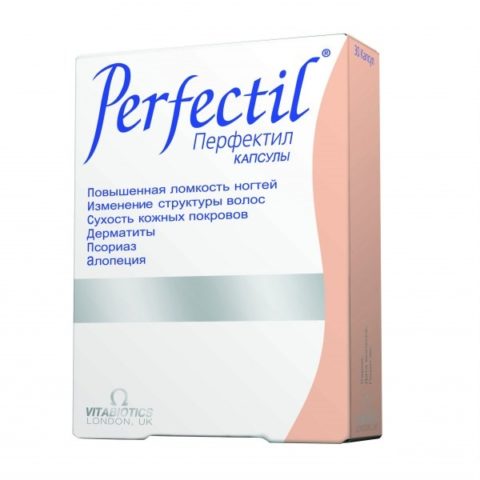
- Selmevit;
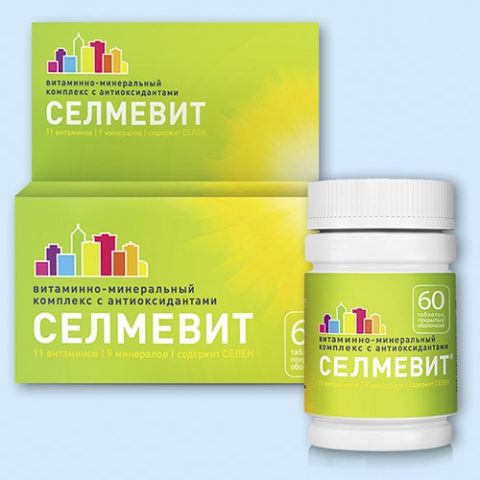
- Selzink.
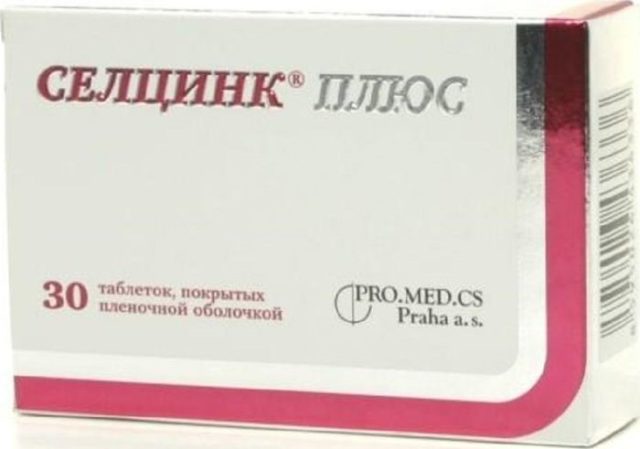
Natural sources
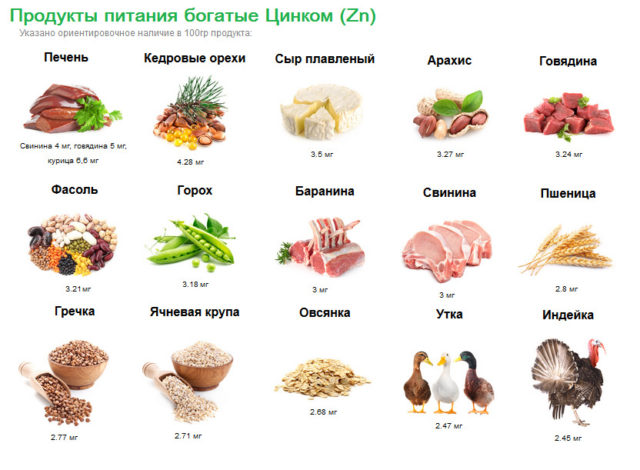
Trace elements are found in large quantities in ordinary food, from which they can be absorbed as well as from vitamin complexes. Zinc is found in foods such as:
- peanut;
- meat;
- beans;
- beef;
- oats;
- buckwheat;
- beans;
- chicken liver.
Selenium can be found in the following foods:
- a fish;
- seafood;
- mushrooms;
- Brazilian nut;
- garlic;
- offal.
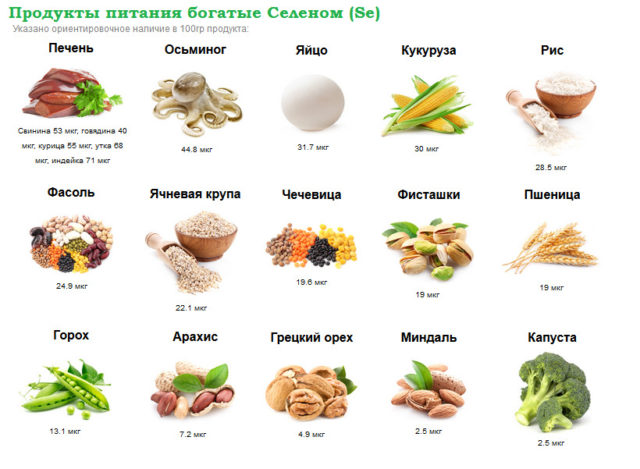
Among the foods rich in both minerals are superfoods. These include algae, seaweed, chia seeds, and golgi berries.Each of these foods has a unique set of micronutrients, including zinc and selenium.
Admission recommendations
Before consuming minerals, it is important to determine their daily dose, because high doses of zinc and uncontrolled intake affect the absorption of other trace elements. This is due to the fact that the bioavailability of zinc is higher than that of other structure-forming substances, in particular, this concerns iron and copper.
Selenium, used to maintain children's health, is required in much lower amounts than other trace minerals. Its amount is counted in micro grams, which is a thousand times less than a milligram, which is a traditional measure of the dose of vitamins. This must be taken into account, because selenium consumed for a long time in large quantities becomes hazardous to health.
Interaction with other substances
Zinc is easily absorbed with a proper, balanced diet, without requiring additional action. However, when taking trace elements as a vitamin supplement, it is important to consider its compatibility with other substances. When using a mineral in this form, the following rules should be considered:
- Zinc is well absorbed in combination with vitamins A and E, which can increase its bioavailability for the body.
- Folic acid is poorly combined with zinc; when taken simultaneously, it begins to be absorbed worse.
- It is forbidden to combine the use of zinc with copper.
- Trace elements such as phosphorus and lithium enhance the effects of zinc when taken in small doses.
- The mineral cannot be combined with the simultaneous use of iron and manganese.
- Zinc is not compatible with aspirin.

Selenium is able to act as an element that enhances the effect of sedatives, as a result of which the patient will receive more stress than expected. Its reception in combination with vitamins E and C reduces the effect of drugs designed to lower cholesterol. In addition, this combination reduces the effectiveness of niacin in the process of increasing the level of good cholesterol.
Contraindications and side effects
Excessive intake of selenium (over 400 mcg) causes a condition called selenite. This situation occurs mainly in cases of constant intoxication, typical for cities with a high content of trace elements in the soil.
The side effects in this case are as follows:
- nausea, up to vomiting;
- abdominal pain;
- diarrhea;
- hyperglycemia;
- brittle hair and nails;
- specific smell of garlic when sweating.
There are no specific contraindications for taking selenium. It is not recommended for pregnant women. Patients with lactation should start taking it only after stopping breastfeeding.
Zinc can be consumed by pregnant and lactating women after consulting their doctor. If there is no individual intolerance, vitamin complexes should be taken during the period of gestation. At the same time, the trace element is not recommended for patients with skin fungal diseases or psoriasis.
Side effects from consumption can manifest in the following symptoms:
- itching;
- hives;
- hyperemia;
- skin rashes;
- swelling.
In the event of any side effects, you should immediately consult a doctor.
Conclusion
Vitamins with zinc for children are an important element in maintaining a child's health. Zinc and selenium are substances responsible for the prevention and treatment of physical and mental illness. Their deficiency negatively affects the state of the entire organism, oppressing several vital systems at once.Therefore, the regular intake of vitamin complexes is designed to ensure the harmonious development of the child's body by saturating it with basic elements.

